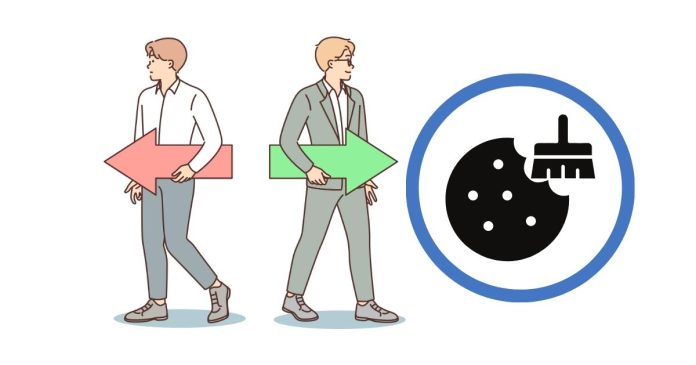Cache and cookies are both types of data stored by web browsers, but they serve different purposes:
- Cache:
- Purpose: Caches store parts of web pages, like images, stylesheets, and scripts, to make websites load faster on subsequent visits.
- Content: It contains static resources (e.g., images, JavaScript, CSS files) that don’t change frequently.
- Expiration: Cached data has an expiration time set by the website, but it can be cleared manually or automatically by the browser.
- Usage: When you visit a website, the browser stores elements of the page in the cache to avoid downloading them again, speeding up the loading process.
- Cookies:
- Purpose: Cookies store information about your preferences, login sessions, and tracking data between visits. They are often used for things like keeping you logged in, remembering language preferences, or tracking browsing behavior for advertising.
- Content: Cookies typically contain small amounts of data, like authentication tokens, session IDs, or tracking information.
- Expiration: Cookies can have specific expiration dates, or they can be session-based (deleted once the browser is closed).
- Usage: Websites use cookies to remember you between visits or to track user behavior for analytics or advertising purposes.
Key Differences:
- Function: Cache is for performance (speeding up loading), while cookies are for user tracking and preferences.
- Data Stored: Cache stores media and static resources; cookies store small pieces of data like preferences and login information.
- Management: Cached data can be cleared to fix page load issues, while cookies can be deleted to manage privacy or session settings.
In short, cache improves performance, and cookies manage user data and preferences.


